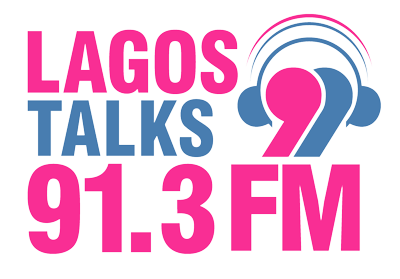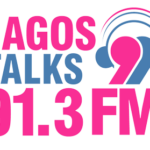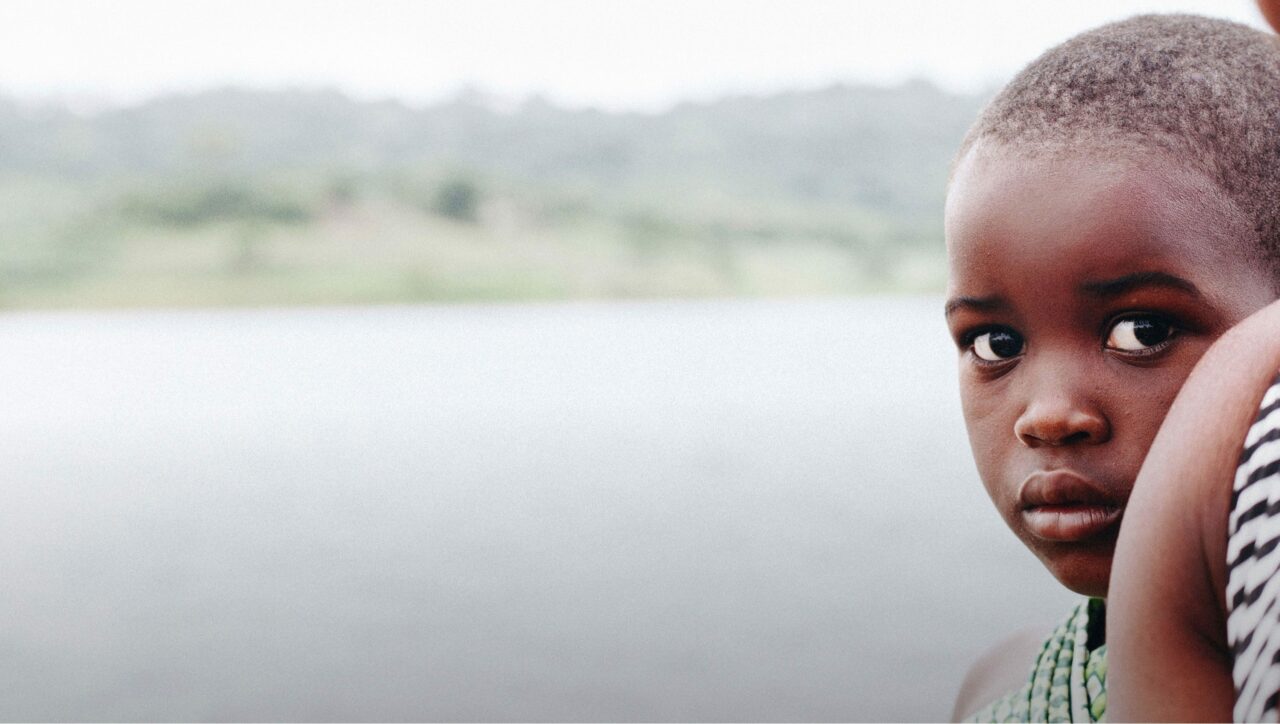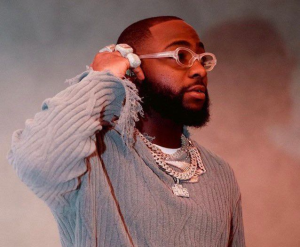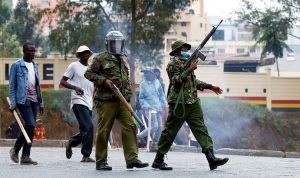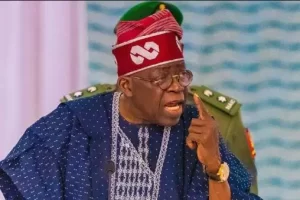- In a series of rescue missions in 2017, International Justice Mission, removed over 100 children from Kpala island and other fishing communities – only 20% of the children were confirmed as victims of trafficking.
- BBC Africa Eye went undercover to reveal two more ‘rescue missions’ supported by IJM, resulting in relatives being prosecuted and communities stigmatised.
- The investigation reveals a target-driven culture within IJM Ghana may have contributed to the raids.
The BBC’s investigative reporter Kyenkyehene Boateng said: “I’ve spent a year investigating a big charity that sets out to look after the vulnerable. Driven by the need to meet targets they appear to have lost their way”. He added: “I believe I have seen innocent, but poor families torn apart as a result, I can’t help wondering how many others are out there.”
BBC Africa Eye began the investigation into IJM’s Ghana division after being made aware of concerns of the charity’s work in the country. Through an undercover reporter, the BBC were able to monitor the contents of a WhatsApp group, and could trace the aftermath of the two ‘rescue missions’ involving IJM.
‘Operation Hilltop’, a raid involving IJM, led to four children under the age of 11 being removed from their families and relocated to a shelter in September 2022. BBC Africa Eye discovered that prior to the rescue, IJM knew that some of the children had not been identified as trafficked, but still decided to support the raid by local authorities. The children were separated from their relatives for more than four months before an investigation by Ghanaian social services which confirmed that the children had not been trafficked, and should be reunited with their families.
Fatima, one of the children taken during the raid told BBC Africa Eye: “One of the men held a gun to my grandma’s throat. I was terrified and I started crying. I thought they were taking us away to kill us.
Another ‘rescue mission’ involving IJM in 2019, ‘Operation Freedom’, resulted in two siblings being taken from their mother, Amlade, who was then sentenced to five years for trafficking them. However, Amlade was freed half way through her sentence after an intervention by US human rights organisation, the Sudreau Global Justice Institute – a partner of IJM.
Sudreau described Amlade as a “mother of two falsely convicted of a serious crime” in an Instagram post, now deleted from their official account. Sudreau said it acted independently from IJM.
In a statement, IJM said the charity “does not decide whether a possible child trafficking case is pursued or whether any individual is arrested or prosecuted with offences”.
BBC Africa Eye also uncovered another ‘rescue mission’ in 2017 in which IJM rescued over 100 children in Kpala and other fishing communities in Lake Volta, shockingly, according to IJM’s data, only 20% of the children taken were later confirmed to be victims of trafficking. IJM told BBC Africa Eye it has since changed its approach and now adopts intelligence-driven investigations.
Undercover footage obtained by the BBC reveals how a target-driven culture in IJM’s Ghana office might be fuelling the problematic raids. A senior IJM staff member told the undercover reporter that staff are required to rescue a certain number of victims and secure a set number of prosecutions every year. When asked what would happen if, once an operation was mounted, they didn’t rescue any children the staff member said: “We can’t say we didn’t get any, we need to get some.”
Another IJM staff member said that staff who did not reach the targets are denied salary increases or could be fired.
IJM told the BBC they set targets to evaluate their impact and to ensure that they are providing the most effective support to authorities to stop child trafficking, but it denies staff are penalised if they don’t meet them.
In Ghana, IJM focuses on rescuing children that have been trafficked to work as slave labourers on Lake Volta, one of the world’s largest man-made lakes. IJM estimated that more than half the children working on the lake are child slaves.
The investigation explores how poverty in the Lake Volta region has led to children working in the local fishing industry under varying degrees of exploitation.
Speaking to BBC Africa Eye, local MP Betty Mensah believed that many of the children targeted in IJM rescues were simply living with extended family and had not been trafficked. She said: “These children have not been sold, transferred, they are not under any coercion. The families feel that their only means of survival is by going fishing, teaching their children their trade.” She labelled raids on these families as “criminalising poverty.”
Dr. Sam Okyere, an outspoken critic of the tactics employed during rescue missions, told BBC Africa Eye that the findings are “frankly unacceptable”. He added: “It seems entire communities are stigmatised because people have to make up the numbers…We have had so many instances where families have told us that their children have been taken under quite violent and oppressive conditions as victims of trafficking.”
The BBC contacted the Ghana Police Service but they did not respond.
Ghanaian social services told the BBC that they take part in IJM operations to protect children. They said that a joint investigation by the police and IJM is a prerequisite to any rescue. They also said that they have processes in place to address the issues raised by BBC.
IJM declined to be interviewed for the documentary. In its statement, it said: “IJM Ghana’s team is led and staffed by Ghanaian nationals who support the Ghanaian authorities to bring trafficked children to safety, help restore survivors’ physical and mental wellbeing, and stop those responsible for illegally exploiting children. Our approach always has the welfare of the child at its core. The 76 operations that IJM Ghana has supported have led to hundreds of children being brought to safety by the Ghanaian authorities.”
Watch ‘‘The Night They Came For Our Children’’ on BBC Africa’s YouTube channel on Monday 10 July 2023.
